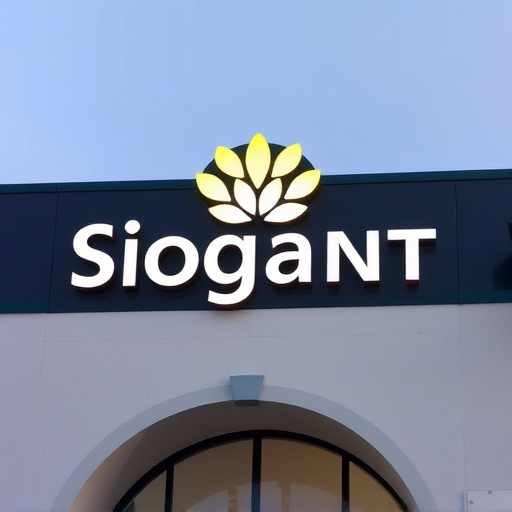In the competitive B2B sales environment, custom quotes are a powerful tool for success. By creating personalized proposals that address specific business needs in sectors like vehicle wraps and protective coatings, sales teams build trust and strengthen relationships. Offering flexible options from standard to premium packages, while clearly communicating tailored benefits like precision fitting and high-quality results, boosts client engagement and satisfaction. Implementing this strategy involves meticulously tracking quote performance to optimize pricing, product offerings, and communication for improved sales efficiency and lasting B2B partnerships.
In the dynamic landscape of B2B sales, custom quotes are more than just price lists; they’re powerful tools that foster trust, enhance communication, and drive deals. This article delves into the strategic role of custom quotes, offering insights on crafting compelling quotes tailored to B2B customer needs. We explore best practices for implementation and tracking, empowering sales professionals to leverage this game-changer tactic for improved performance and stronger client relationships.
- Understanding the Power of Custom Quotes in B2B Sales
- How to Create Effective Custom Quotes for B2B Customers
- Best Practices for Implementing and Tracking Custom Quote Performance
Understanding the Power of Custom Quotes in B2B Sales

In the dynamic world of B2B sales, where relationships and trust play a pivotal role, custom quotes stand out as a powerful tool. These tailored proposals go beyond generic offerings by addressing specific client needs, making them an indispensable asset for sales professionals. By taking the time to understand the unique challenges and goals of each business, sales reps can craft quotes that not only meet but exceed expectations. This personalized approach fosters trust and positions the salesperson as a trusted advisor rather than just a vendor.
In the context of B2B transactions, custom quotes are particularly valuable when offering services like vehicle wraps, paint correction, or protective coatings. Businesses in these industries seek solutions that not only enhance their brand appearance but also provide long-lasting protection for their assets. A well-structured custom quote, highlighting the benefits and value of such services, can significantly influence the buying decision. It allows businesses to envision the tangible outcomes and appreciate the investment they are making, ultimately driving sales success.
How to Create Effective Custom Quotes for B2B Customers

Creating effective custom quotes for B2B customers involves a strategic approach tailored to their unique needs and preferences. Begin by thoroughly understanding your client’s business, including their industry-specific requirements and pain points. This knowledge allows you to offer solutions that address their challenges directly. For example, if a customer in the automotive sector seeks window tinting services, highlight how your custom graphics can not only enhance aesthetics but also provide functional benefits like heat reduction and UV protection.
Presenting options with varying levels of customization and associated costs is key. Offer standard packages along with premium solutions for more specialized needs, such as professional PPF (Paint Protection Film) installation. Clearly communicate the added value of custom quotes by detailing how they cater to individual projects, ensuring a precise fit without compromising quality or performance. This level of personalization builds trust and strengthens your B2B relationship.
Best Practices for Implementing and Tracking Custom Quote Performance

When implementing custom quotes in B2B sales, best practices involve tailoring each quote to the specific needs and budget of the client. This means detailed product specifications, including any desired ceramic coating or UV protection features, should be clearly outlined. Additionally, offering options for scratch protection can enhance appeal and demonstrate a commitment to long-term customer satisfaction.
Regular tracking of custom quote performance is crucial. Sales teams should monitor acceptance rates, average response time, and conversion percentages from quotes to orders. Analyzing this data allows for adjustments in pricing strategies, product offerings, and communication tactics, ultimately refining the entire sales process and fostering stronger client relationships.
Custom quotes play a pivotal role in enhancing B2B sales processes by providing tailored solutions that address specific customer needs. By understanding their power, creating effective quotes, and implementing best practices for tracking performance, businesses can streamline their sales cycles and foster stronger relationships with clients. Incorporating these strategies ensures that custom quotes become a strategic asset, driving success in the competitive B2B landscape.














